Datasheet:
Technical Specs:
- Same Size as Arduino Pro Mini (18*30mm)
- Arduino Pin Compatibel
- 20MHz CPU Frequency
- 9PWM Channel
- 2x Hardware Serial
- 2x SPI
- 2x I²C (TWI)
- 8x ADC
- Filtered ADC Power Supply
- Capacitive Touch Controller
- 24 IO
- 3x 16Bit Timer
Comparison Atmega328 vs. Atmega328PB
(Thanks to Winston)
| Atmega328PB | Atmega328 |
| Unique Device ID | - |
| 2* Serial Interface | 1* Serial Interface |
| 2* SPI | 1* SPI |
| 2* I²C/TWI | 1* I²C/TWI |
| 27* Digital IO | 23* Digital IO |
| 3* 16Bit Timer | 1* 16Bit Timer |
| 10 PWM Channel (PD2 double used) | 6 PWM Channel |
| Clock Failure Detection | - |
| Waveform Generator | - |
| USART Sleep Mode Wake up | - |
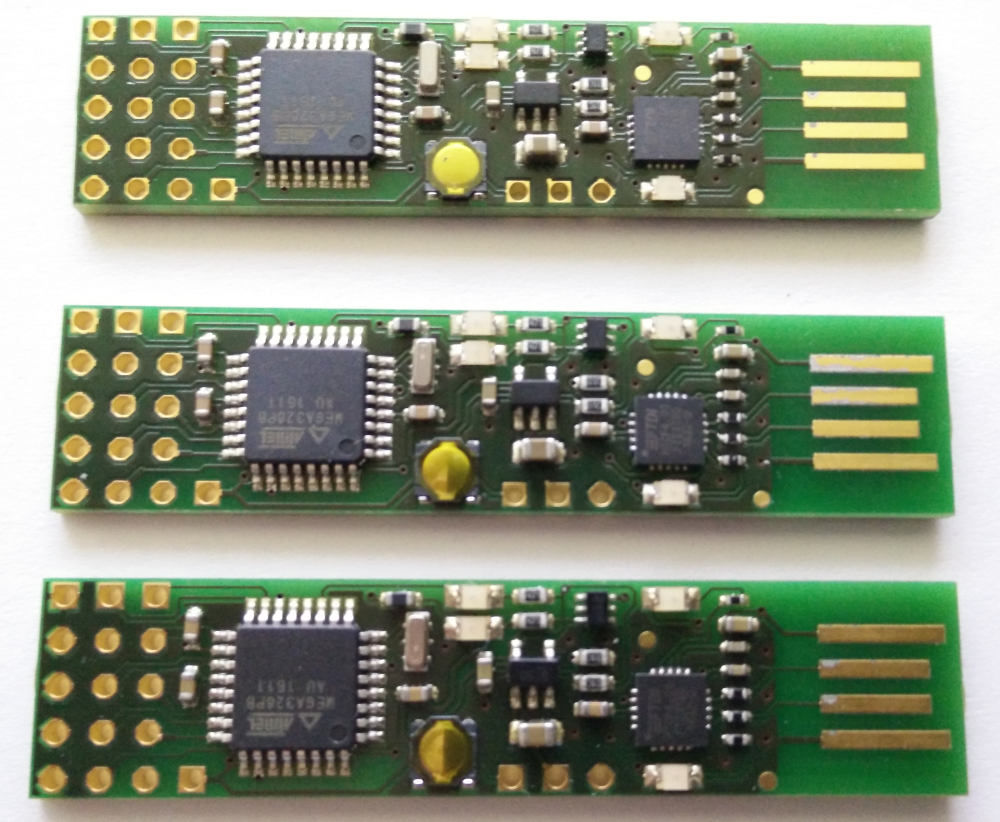
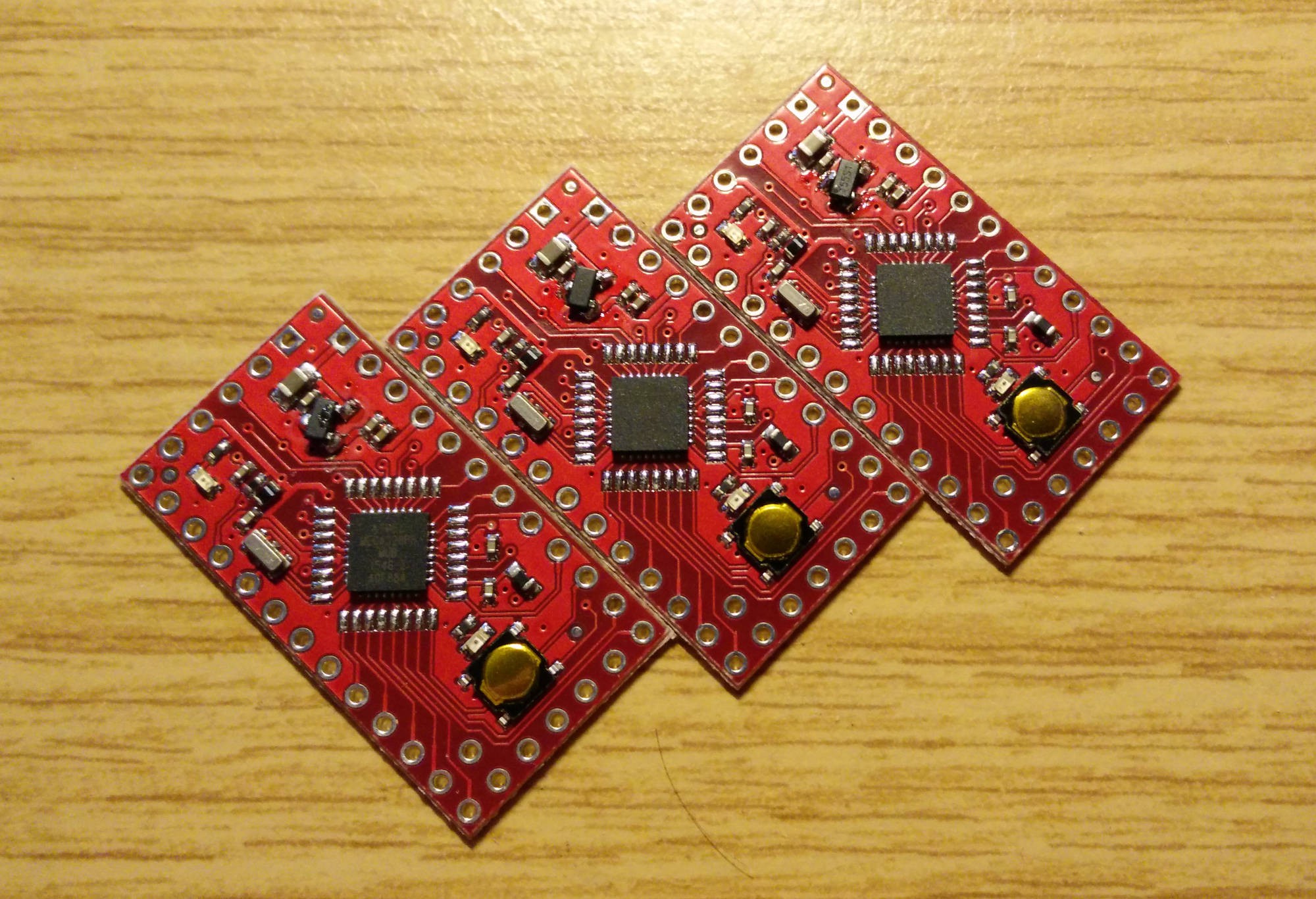


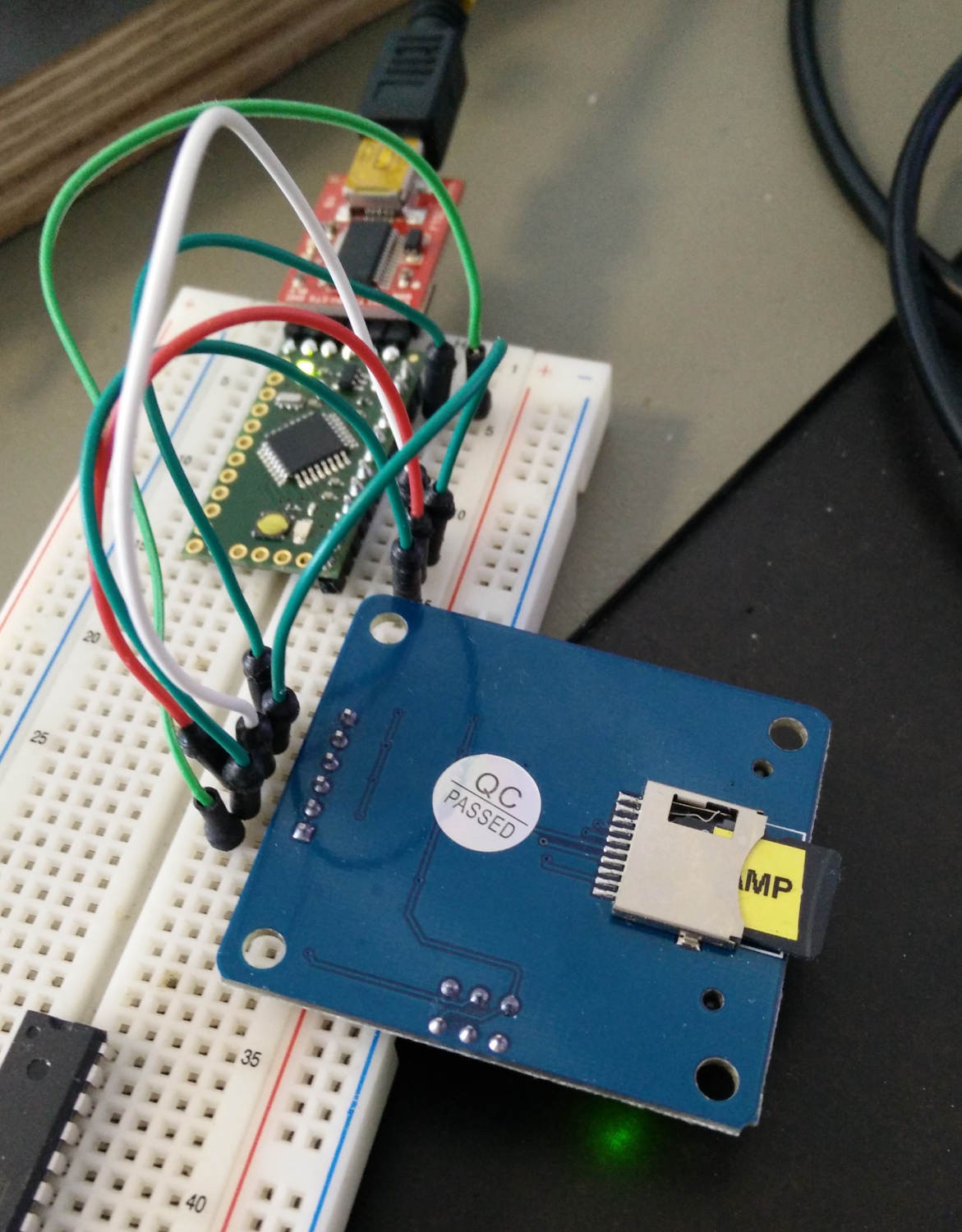
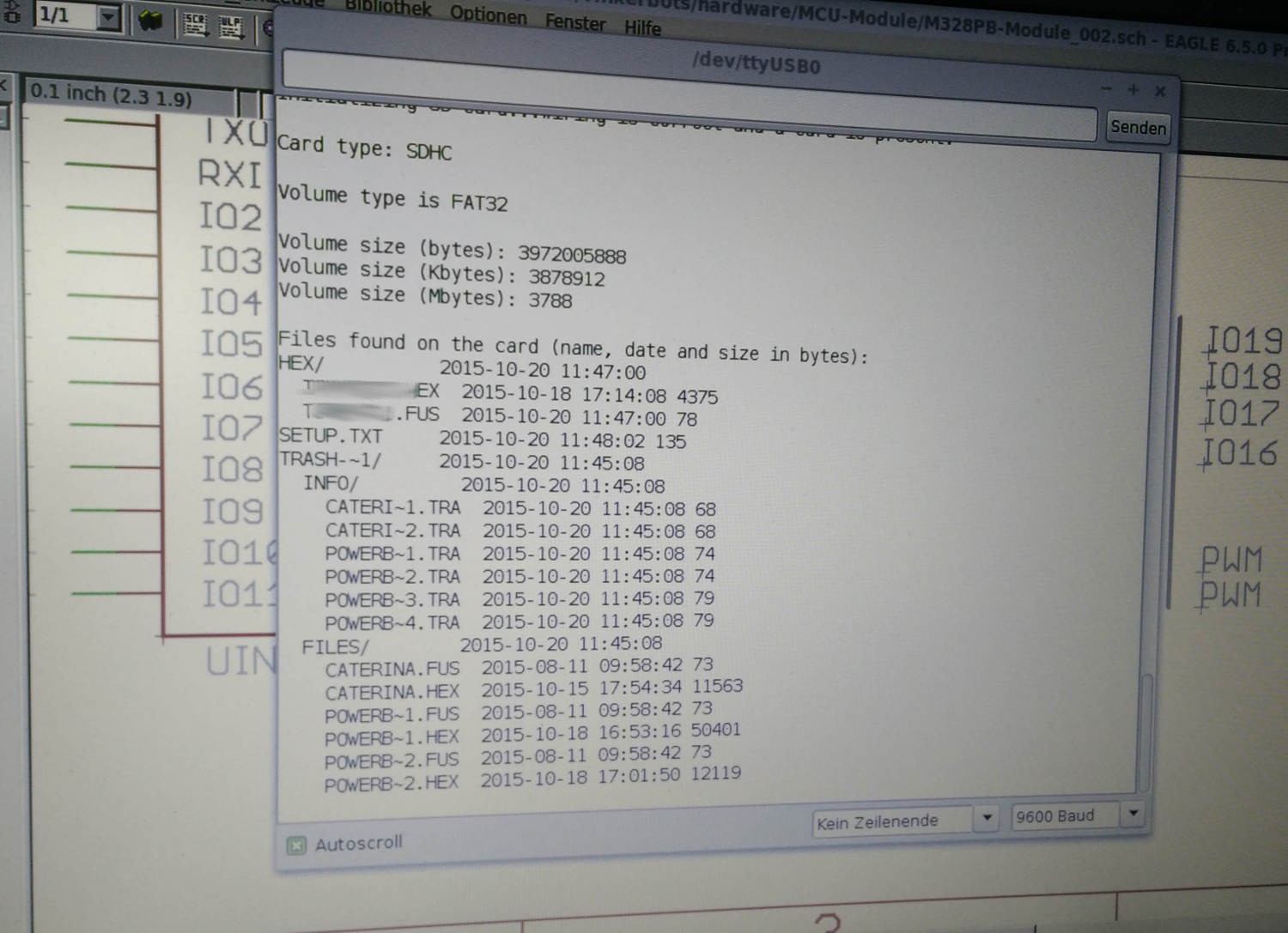







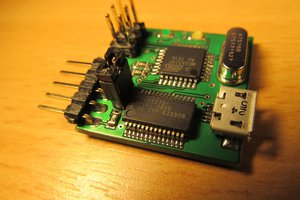
 jaromir.sukuba
jaromir.sukuba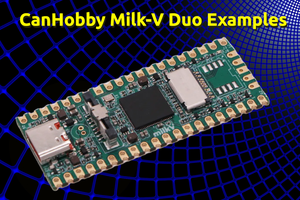
 CanHobby.ca
CanHobby.ca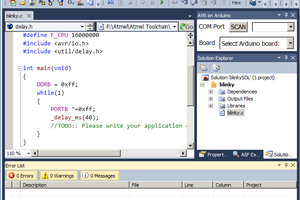
 ZaidPirwani
ZaidPirwani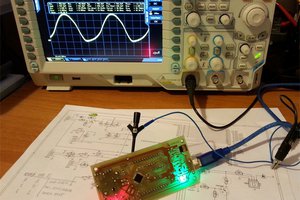
 Just4Fun
Just4Fun
i might have to make one of these..
what crystal did you use for 20mhz
and did you have problems with arduino bootloader burning since you use 20mhz